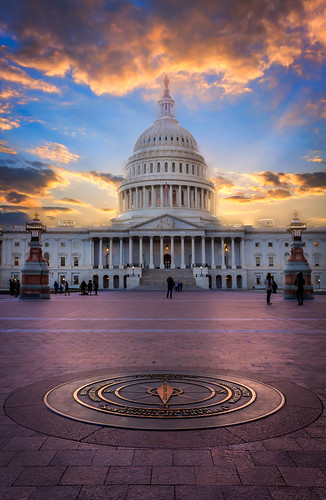help me disscusion
I need an explanation for this Economics question to help me study.
Disscusion
1) In your description of that famous Econ major explain how that person exhibited the property of “thinking like an economist.” This will require some internet research. It is recommended that you view the posted video prior to answering that question. Please do not duplicate your fellow students’ introductions in that effort, otherwise you will be asked to re-post.
Be sure to tell us what your undergraduate study is in, where you are located, what you do in your spare time and what you hope to learn in this class. Feel free to ramble a little and tell your classmates about you.
PS: you dont need write sources first discussion
2)
In the American Economy, the roller coaster known as the business cycle is a never ending phenomenon. The recurring expansions and contractions of our economy are measured by changes in real gross domestic product, the unemployment rate and the inflation rate.
Source: U.S. Department of Labor, Bureau of Labor Statistics.
A complete cycle typically lasts from five to nine years, but could extend to ten years or more and shorten to four years. It is divided into four phases — expansion, peak, contraction, and trough. Unemployment inevitably rises during contractions and inflation tends to elevate during expansions and worsen during the peak. To avoid the inflation and unemployment problems of business cycles, the federal government frequently undertakes various fiscal and monetary policies (which we will study later in this course).
Drawing on Chapters 7 and 8 of our text, for this week you are to provide an example of either of the two extreme phases of the cycle (peak or trough) that you personally observed, experienced or learned about.
For the phase that you selected, tell us briefly what you think caused that particular phase at that time. In other words, what forces were at work in the economy that you believed led to that phase taking hold.
Your initial post is due Thursday at 11:59 pm CT.
Responses are due by Sunday at 11:59 pm CT. Respond to a minimum of three of your classmates’ postings.
Make sure not to repeat what one of your classmates has said, otherwise you will be asked to re-post (if you want credit, that is). Lastly, additional references (besides out textbook) should listed using either the MLA or APA formats; you need not identify our text as a source.
Discussion Post Requirements and Due Dates
In this class you must present well thought-through and substantive first entry. It is also expected of you to respond to other students’ entries at least three times (politely). Be concise but complete. You will receive a grade for this so think your comments through carefully. Economic concepts always score higher too.
Your initial post is due Thursday at 11:59 pm CT.
Responses are due by Sunday at 11:59 pm CT. Respond to a minimum of three of your classmates’ postings.
Make sure not to repeat what one of your classmates has said, otherwise you will be asked to re-post. Lastly, additional references (besides out textbook) should listed using either the MLA or APA formats; you need not identify our text as a source.
3) Drawing on Chapters 5 and 6 of our text, select one of the following two topics to discuss for this week. You do not need to post to both.
Option One – Select your Favorite Tax
From your observations as a participant in the American Economy, identify one tax which you have seen impact a community, producers or consumers. Explain what impact you that that tax has had. Be sure to tell us whether your selection is a good tax in your opinion?
Option Two – The Government’s Role in the Economy
From your observations as a participant in the American Economy, identify one government function to discuss which you believe is under-utilized or overused in our economy? Explain what you would change in the appropriation and why.



